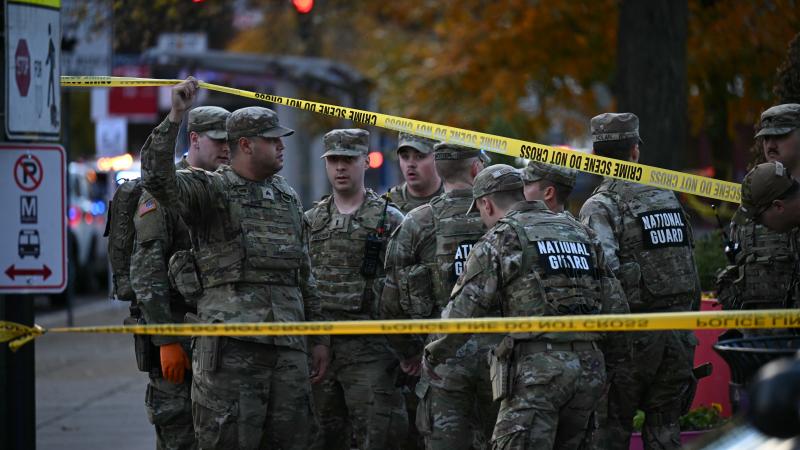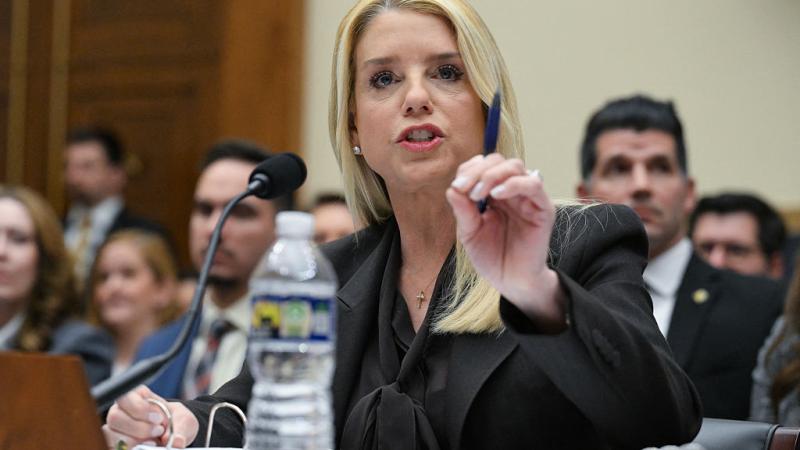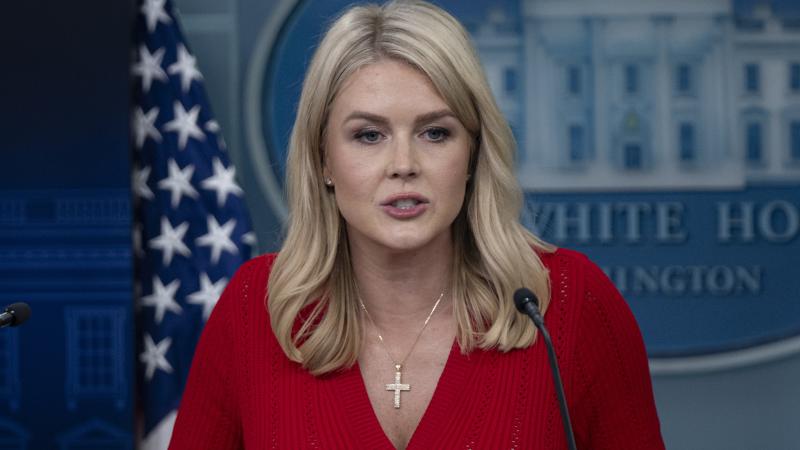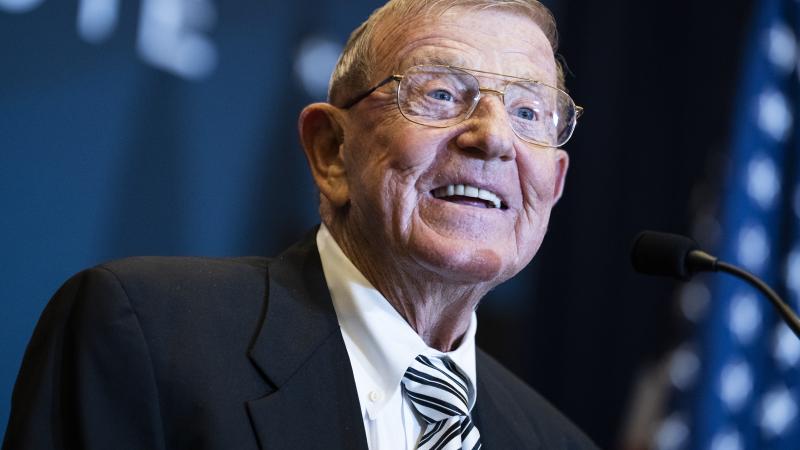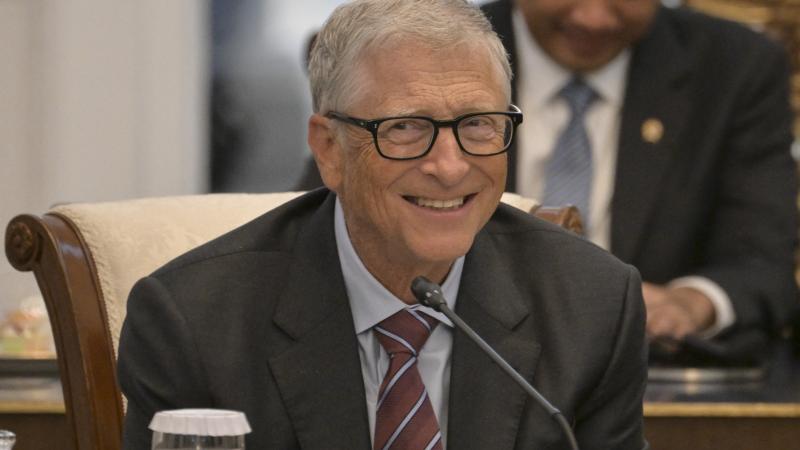House panel clashes over extremism in armed forces, with no input from puzzled troops
The hearing was conducted while the Pentagon continued its mandatory stand-downs to address extremism in the ranks.
A congressional hearing on extremism inside the military was marked on Wednesday by partisan disagreement over whether the hearing was merited, with members of Congress alternately deriding the session and one another.
The afternoon hearing before the House Armed Services Committee focused on how to define hate speech, the scope of extremism within the ranks, and whether and how it should be addressed. And, while panelists agreed that hate groups must be banned from the military, they clashed over the true purpose of the March 24 session.
"This hearing is a joke," said Florida Republican Rep. Matt Gaetz, who noted: "This is about converting the military from an apolitical institution to an institution controlled by the political left."
Committee Chairman Adam Smith, a Washington Democrat, scoffed in response, casting Gaetz as a rabble-rouser.
"Mr. Gaetz is the best example of the demagogue problem that we have today," Smith said.
The hearing was conducted while the Pentagon continued its service-wide mandatory stand-downs to address extremism in the ranks. More than a dozen service members privately told Just the News that they have not encountered endemic extremism that officials seem to believe exists — but none from the military were invited to testify on Wednesday before the committee.
Without the eyewitness testimony, members of Congress and civilian witnesses addressed what they viewed as the scope of the issue.
"I want to root out of the military those who actively participate in vile and violent hate groups," said Rep. Mike Rogers, Alabama Republican. "But it's important to remember that extremist behavior is already prohibited by the Uniform Code of Military Justice and by each service's own regulations."
Rogers added: "This is far from the largest military justice issue facing our armed services."
House Democrats stressed that no amount of extremism is acceptable. Smith referenced what he described as a rise in anti-government sentiment inside the military.
"If you disagree with the U.S. Constitution and you disagree with the laws of this country so strongly that you think our government is no longer legitimate, then you have no business serving in the U.S. military, and you should get out now," Smith said.
Active duty troops who watched the hearing said that the comment from Smith puzzled them.
"Where does he get this?" one enlisted soldier said. "We are here to defend our country, not destroy it."
"Not one person in my unit disagrees with the laws of our country," another soldier said.
The pursuit of extremists in the ranks must be balanced against the need to honor freedom of speech, cautioned one witness.
"We should be criminalizing conduct and not their thoughts, because that's nearly impossible to do," said Marine Corps veteran Michael Berry of First Liberty Institute, an advocacy group that focuses on religious liberty.
In 2009, after Maj. Nidal Hasan shouted "Allahu Akbar" before shooting fellow soldiers at Fort Hood, Texas, the Defense Department updated its rules for handling dissident and protest activities among members of the armed forces. The resulting document, DoD Instruction 1325.06, bans military personnel from advocating for and participating in supremacist, extremist or criminal gang doctrine, ideology or causes.


